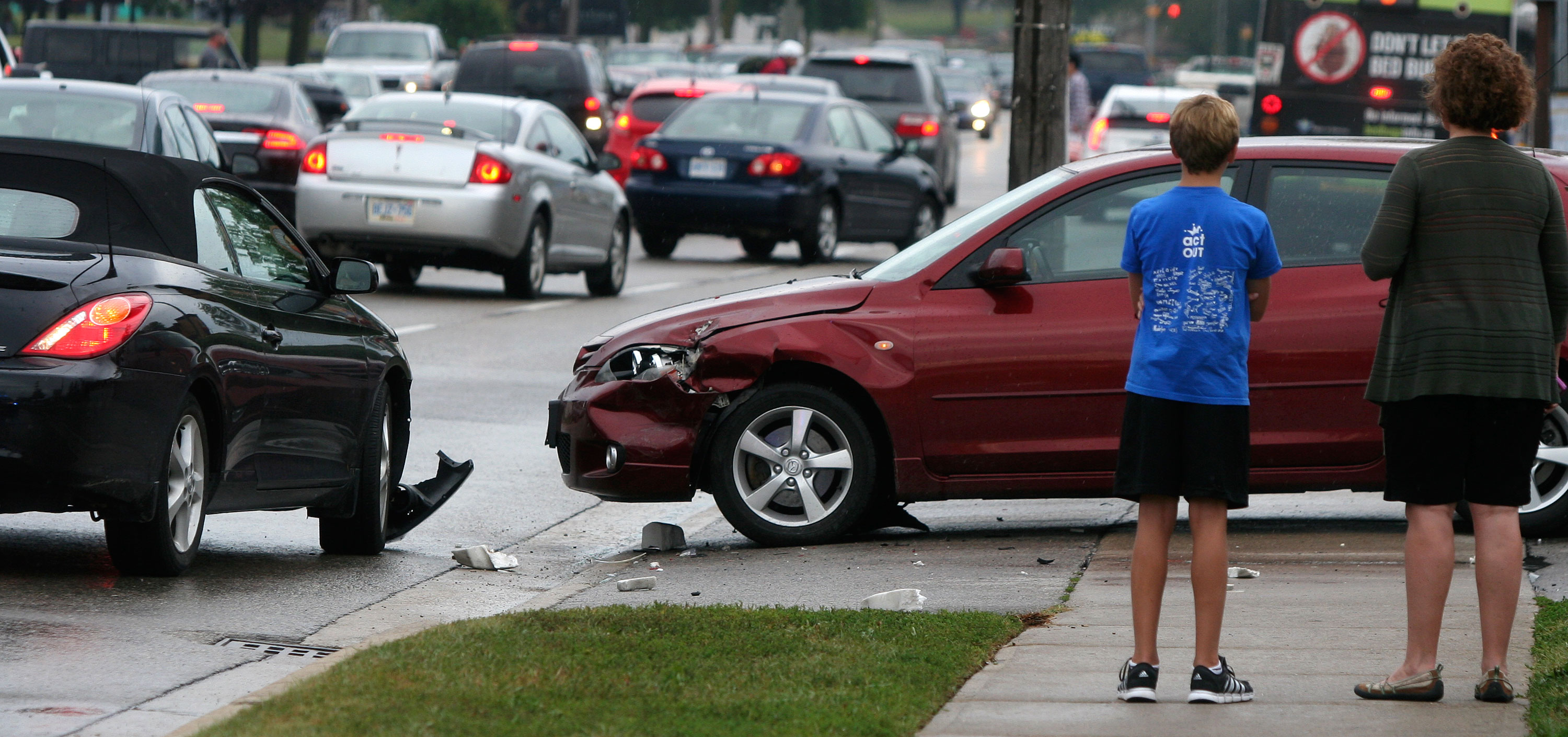Self-driving cars offer more complications than ease

So, self-driving cars exist now.
How fantastic that we live in a time where things that were once thought to be impossible, are becoming a reality. As great as that is though, it is a technology that hasn’t been seen before. I have to wonder about the possible implications of self-driving technology and where it could take us.
The first thing that comes to mind is whether or not the idea of self-driving cars is a good thing. Would this benefit society?
I say yes. If we assume that a society bases itself entirely around self-driving cars, there would be no human error. As this is the cause of most accidents, we could see a dramatic reduction in collisions.
Computers cannot be drunk, or get angry, or take drugs, or get tired.
This being said, people have voiced their concerns about programming. What happens when the program running the car faces an ethical dilemma?
For example, what if the car cannot break in time when a pedestrian comes across its path? Should the car swerve and hit something else at the cost of the occupant’s life? Should the car plow through the pedestrian and ensure the safety of the occupant?
A study conducted by researchers from MIT found that, when confronted with this scenario, the subjects of the research would rather have the car swerve to avoid the pedestrian. However, they also found the participants would not like to drive in a self-driving car.
Although this issue has several layers of complexity, I believe that the car should protect its occupant at all costs, even at the expense of any pedestrians that come across it. This is because, from a business stand-point, who would buy a car that could not guarantee the safety of the buyer at all costs?
When an occupant enters a self-driving car, they are completely dependent and helpless as they have no input on how the vehicle is driven. In this vulnerable state, I don’t believe that people would buy self-driving cars.
I believe the industry can be sustainable because that pedestrian error is more likely to be the culprit of such accidents. In a world of self-driving cars, the car will always stay on the road, assuming that the car is functioning properly. However, a pedestrian can jaywalk, cross at the wrong time, or step into the street distracted.
This is not to say that the pedestrian deserves to die. However, in the dilemma of the occupant’s life or the pedestrian’s, I have to side with the occupant. Assuming that a pedestrian does not do anything to recklessly endanger their life, the pedestrian should not get into an accident with a self-driving car.
Self-driving cars are a great example of innovation, but I do not believe that self-driving cars will be commonly available in the near future. They offer too many moral questions and liability issues to be the future of motor transportation.


